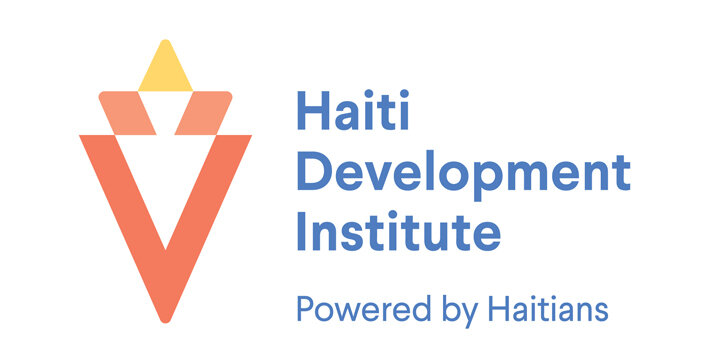Catastrophic Earthquake Hits Southern Haiti
On August 14, 2021, a 7.2 earthquake decimated much of southern Haiti. According to UNOCHA, the quake killed at least 2,200 people and injured at least 12,000. An estimated 53,000 homes have been destroyed and more than 77,000 have sustained damage. The quake and subsequent floods and landslides caused by a tropical storm have also damaged scores of schools, health clinics, roads and water sources. There is extensive damage to agricultural infrastructure like mills, irrigation canals, sheds and pens, losses of harvests, beehives, and livestock. Data is still being collected, especially from remote villages, but an estimated 800,000 people have been affected and 650,000 people (or 40% of population of the affected area) need humanitarian assistance. Mental health needs are acute.
The disaster comes at a time when the south has been disconnected from the rest of the country for months due to gang violence blocking the gateway road from the capital, which has harmed the economy still recovering from Hurricane Matthew five years ago. COVID has surged with the new variants. The lives of hundreds of thousands of already-very poor farming families are even more precarious now.
HOW TO HELP
The international community has learned from past mistakes that it is crucial to engage local community institutions in disaster response and to put resources directly into their hands. By channeling disaster assistance to local Haitian organizations with roots and boots in the affected communities, the response can strengthen community institutions that will be there to drive full recovery - from immediate response through reconstruction to prosperity.
HDI is raising funds for grantmaking and associated support to empower local communities to help themselves recover from this catastrophe. Since 2010, we have supported many organizations in the quake area with grants and coaching to strengthen their poverty-fighting programs. HDI helped partners in this same area help their communities recover from Hurricane Matthew in 2016.
We believe this is the most sustainable way to help and is true solidarity. These community groups work to improve their community’s wellbeing for the long haul, building resilience and supporting mental health. Where aid organizations cannot get through, they are already on the ground saving their neighbors’ lives.

